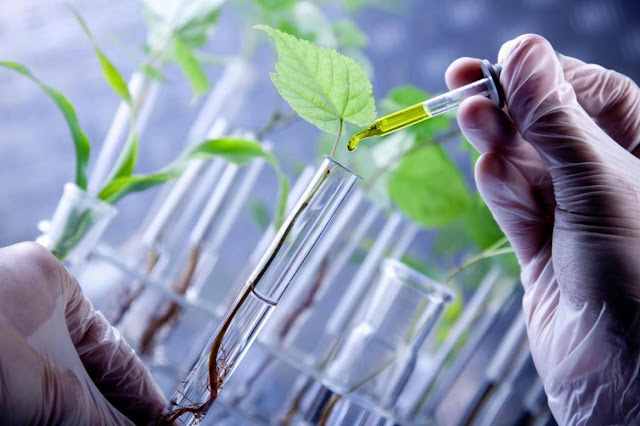Agricultural Testing Proven To Be A Cost-Efficient And Valuable Resource For Farmers
 |
| Agricultural Testing |
Agricultural Testing is a process that analyzes samples of seeds, water, and soil to identify contaminants and improve plant growth. It also determines soil fertility and nutrients, and appropriate inputs for crops. This type of testing has proven to be a valuable resource for farmers. It is increasingly becoming an important pre-emptive measure against disease outbreaks and foodborne illnesses.
Agricultural Testing services are performed to assess the
quality of crops. Agricultural products undergo rigorous tests to ensure that
they are free from pests and diseases. These testing services are performed at
laboratories to determine the quality of crop products. These testing services
help farmers avoid potential risks from contamination of their products. They
also help them ensure quality. They test for pesticides, contaminants, and
genetically modified organisms. Testing services also help improve plant and
animal welfare. These services are becoming a necessity for farmers. The lack
of proper sanitation and agricultural practices has led to an increased
incidence of foodborne diseases and food poisoning.
Agricultural
Testing services
also help farmers identify and resolve major soil fertility problems. The
results of these tests can be used to identify the nutrients necessary for a
crop to thrive. In addition, they can help farmers improve water quality for
irrigational purposes. In addition, quality assurance services help solve major
soil fertility problems and improve water quality. Agricultural tests also provide information on
soil pH and acidity, which helps producers make better agronomic choices. Soil
tests measure soil nutrients, such as calcium and magnesium. They also assess
soil acidity, salinity, and contamination levels.



Comments
Post a Comment